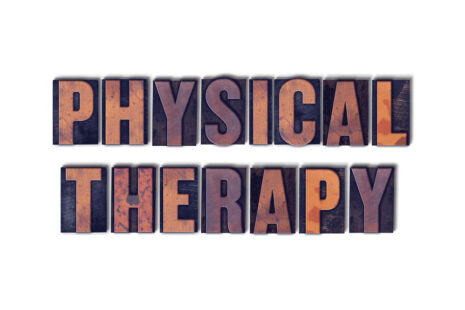The optimal timing to start physical therapy after an injury depends on several factors, including the type and severity of the injury, the individual’s overall health and medical history, and the healthcare provider’s recommendations. Once it is safe, starting physical therapy soon after the injury can lead to better outcomes and faster recovery.
Here are some general guidelines regarding when to start physical therapy after an injury…
- Acute Injuries – For acute injuries, such as sprains, strains, or minor fractures, physical therapy may begin as soon as the initial inflammation and pain are under control. In some cases, this may be within a few days to a week after the injury.
- Surgical Repairs – After certain surgical procedures, such as ACL reconstruction or joint surgeries, physical therapy often starts shortly after surgery, typically within a few days or weeks. This early intervention helps reduce swelling, maintain joint range of motion, and prevent complications.
- Chronic or Overuse Injuries – For chronic or overuse injuries, such as tendinopathies or stress fractures, the timing of physical therapy may vary based on the extent of the injury and the individual’s response to rest and conservative treatments. Starting physical therapy as soon as the injury is stable and pain allows can help address underlying imbalances and improve healing.
- Healthcare Provider’s Recommendations – Always follow the advice and recommendations of your healthcare provider or orthopedic specialist. They will assess the nature and severity of the injury and determine when it is appropriate to start physical therapy based on your specific condition.
- Precautions – Some injuries may require a period of rest or immobilization before physical therapy can begin. For instance, certain fractures or significant soft tissue injuries may need time to heal before rehabilitation can safely start.
- Individual Factors – Each person’s healing process is unique. Factors such as age, overall health, and previous medical conditions may influence the timing of physical therapy.
Not rushing into physical therapy without proper evaluation and clearance from a healthcare professional is essential. Starting physical therapy at the right time, guided by the expertise of a physical therapist, ensures a safe and effective rehabilitation process.
Early intervention in physical therapy can help manage pain, reduce inflammation, maintain joint mobility, and prevent secondary complications. It can also promote tissue healing, restore function, and expedite the return to normal activities. Consulting with a physical therapist and following their recommendations is key to determining the appropriate timing and approach for starting physical therapy after an injury.




